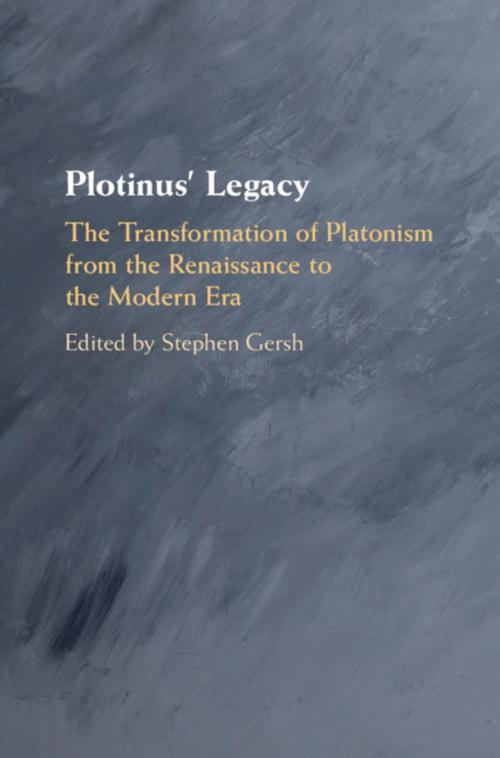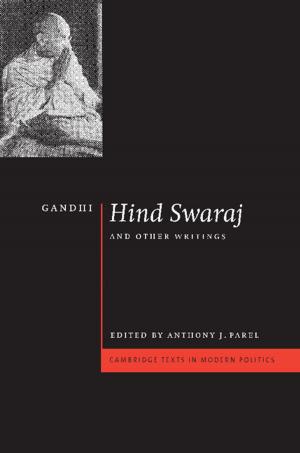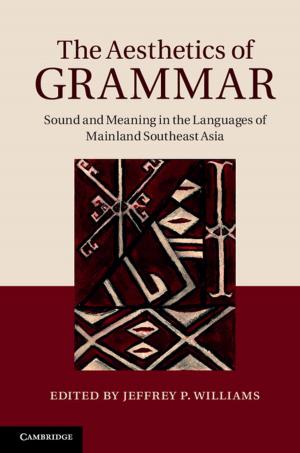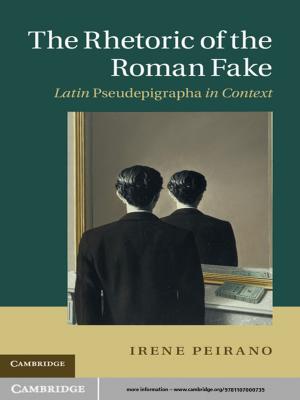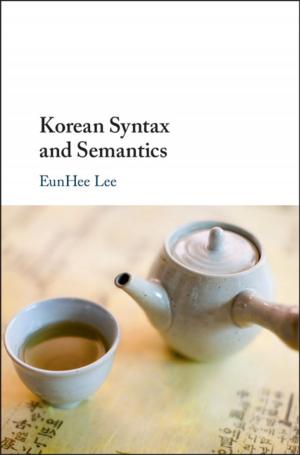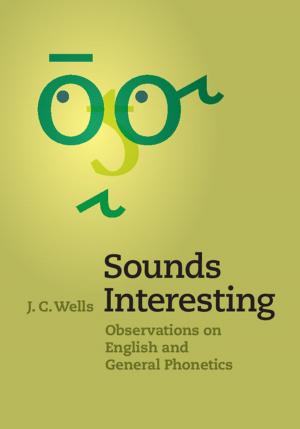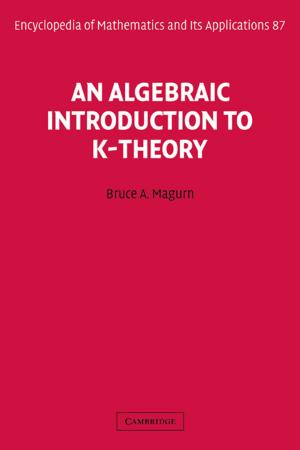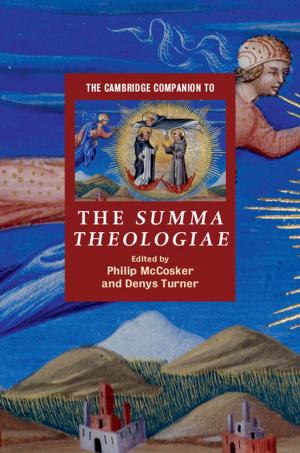Plotinus' Legacy
The Transformation of Platonism from the Renaissance to the Modern Era
Nonfiction, Religion & Spirituality, Philosophy, Ancient, History| Author: | ISBN: | 9781108244626 | |
| Publisher: | Cambridge University Press | Publication: | April 25, 2019 |
| Imprint: | Cambridge University Press | Language: | English |
| Author: | |
| ISBN: | 9781108244626 |
| Publisher: | Cambridge University Press |
| Publication: | April 25, 2019 |
| Imprint: | Cambridge University Press |
| Language: | English |
The extensive influence of Plotinus, the third-century founder of 'Neoplatonism', on intellectual thought from the Renaissance to the modern era has never been systematically explored. This collection of new essays fills the gap in the scholarship, thereby casting a spotlight on a current of intellectual history that is inherently significant. The essays take the form of a series of case-studies on major figures in the history of Neoplatonism, ranging from Marsilio Ficino to Henri-Louis Bergson and moving through Italian, French, English, and German philosophical traditions. They bring clarity to the terms 'Platonism' and 'Neoplatonism', which are frequently invoked by historians but often only partially understood, and provide fresh perspectives on well-known issues including the rise of 'mechanical philosophy' in the sixteenth century and the relation between philosophy and Romanticism in the nineteenth century. The volume will be important for readers interested in the history of thought in the early-modern and modern ages.
The extensive influence of Plotinus, the third-century founder of 'Neoplatonism', on intellectual thought from the Renaissance to the modern era has never been systematically explored. This collection of new essays fills the gap in the scholarship, thereby casting a spotlight on a current of intellectual history that is inherently significant. The essays take the form of a series of case-studies on major figures in the history of Neoplatonism, ranging from Marsilio Ficino to Henri-Louis Bergson and moving through Italian, French, English, and German philosophical traditions. They bring clarity to the terms 'Platonism' and 'Neoplatonism', which are frequently invoked by historians but often only partially understood, and provide fresh perspectives on well-known issues including the rise of 'mechanical philosophy' in the sixteenth century and the relation between philosophy and Romanticism in the nineteenth century. The volume will be important for readers interested in the history of thought in the early-modern and modern ages.
